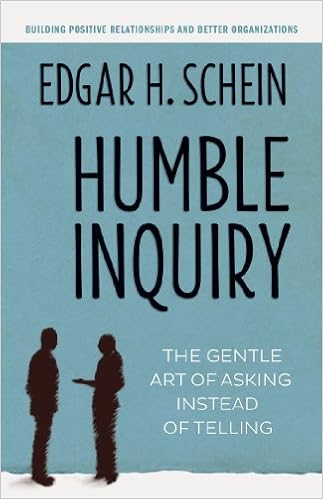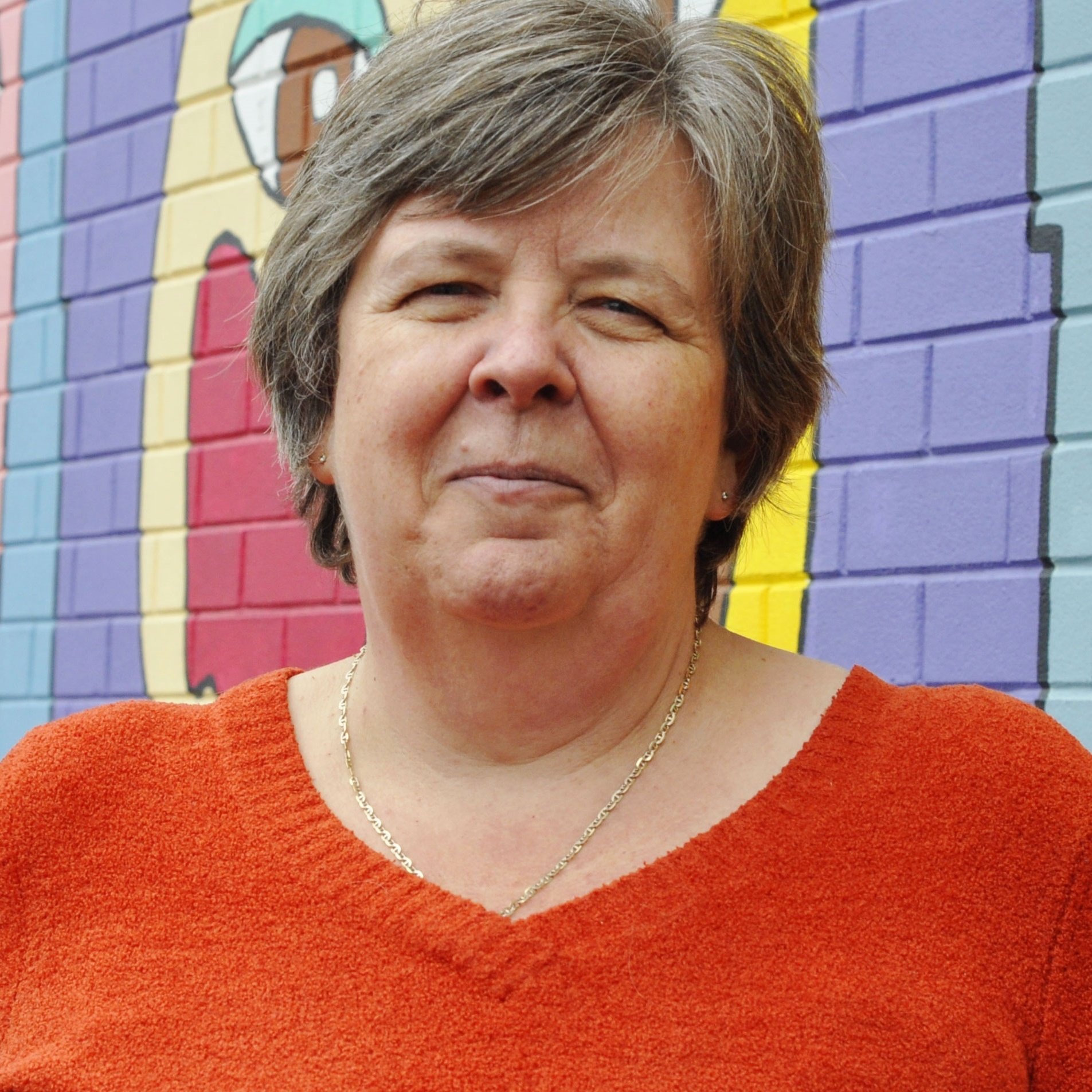The holiday season was filled with books. At Tamarack, the team was asked to read the book Remote (http://37signals.com/remote/). As a team, we work in a remote office environments, separate from each other by distance, but not by technology. As I was ordering Remote, I came upon another book that caught my eye, Humble Inquiry by Edgar Schein (http://rcrcconnect.org/ed-schein-humble-inquiry/).
 Humble Inquiry is subtitled: the gentle art of asking instead of telling. How many times in conversation do we jump to the telling. We might frame it as a question, but instead, we are telling someone what to do.
Humble Inquiry is subtitled: the gentle art of asking instead of telling. How many times in conversation do we jump to the telling. We might frame it as a question, but instead, we are telling someone what to do.
This isn't a long book, only 110 pages, but for those of us testing collective impact as an approach to community change efforts, it can be considered a foundational book to read. In building relationships, Schein would have us do three things: do less telling, learn to do more asking using humble inquiry and do a better job of listening and acknowledging. So, what is humble inquiry anyway? It is built on a culture of humility, giving permission to others so that they can help you. It acknowledges the difference in power relationships and provides a frame for questioning rather than telling. In fact, humble inquiry is about giving power to others. In doing so, you are engaged in building trusting relationships.
Schein provides a number of case examples in the book that gave me pause. In one, he was asked by a women to give directions. Instead of immediately giving her the route, he asked her where she wanted to go. In moving from telling to asking, he was able to provide her with better directions that moved her to her location easier. On the one hand, this seems so simple, but how often have we engaged in the telling.
The book goes on to consider four different types of Inquiry: humble inquiry; diagnostic inquiry; confrontational inquiry and process-oriented inquiry. We tend to use diagnostic, confrontational and process-oriented inquiry more often but Schein urges us to consider humble inquiry when we are focused on trust building.
Collective Impact is a community change process which is designed to bring diverse stakeholders together to address a complex community problem. Inquiry is at the core of collective impact. Partners need to diagnose the complex problem and collectively determine a path forward.
Collective Impact is often led by influential champions. These champions may be more used to telling than asking. Humble inquiry, the act of saying, I may know part of the solution but not all of the solution, enables everyone to contribute their knowledge to building a common agenda.
Perhaps we can start by asking - what do you know about the issue we are trying to solve? What has vexed you? Where have you been able to make inroads? As we begin this year, let's humbly ask more questions, listen intently and open the space for others.





